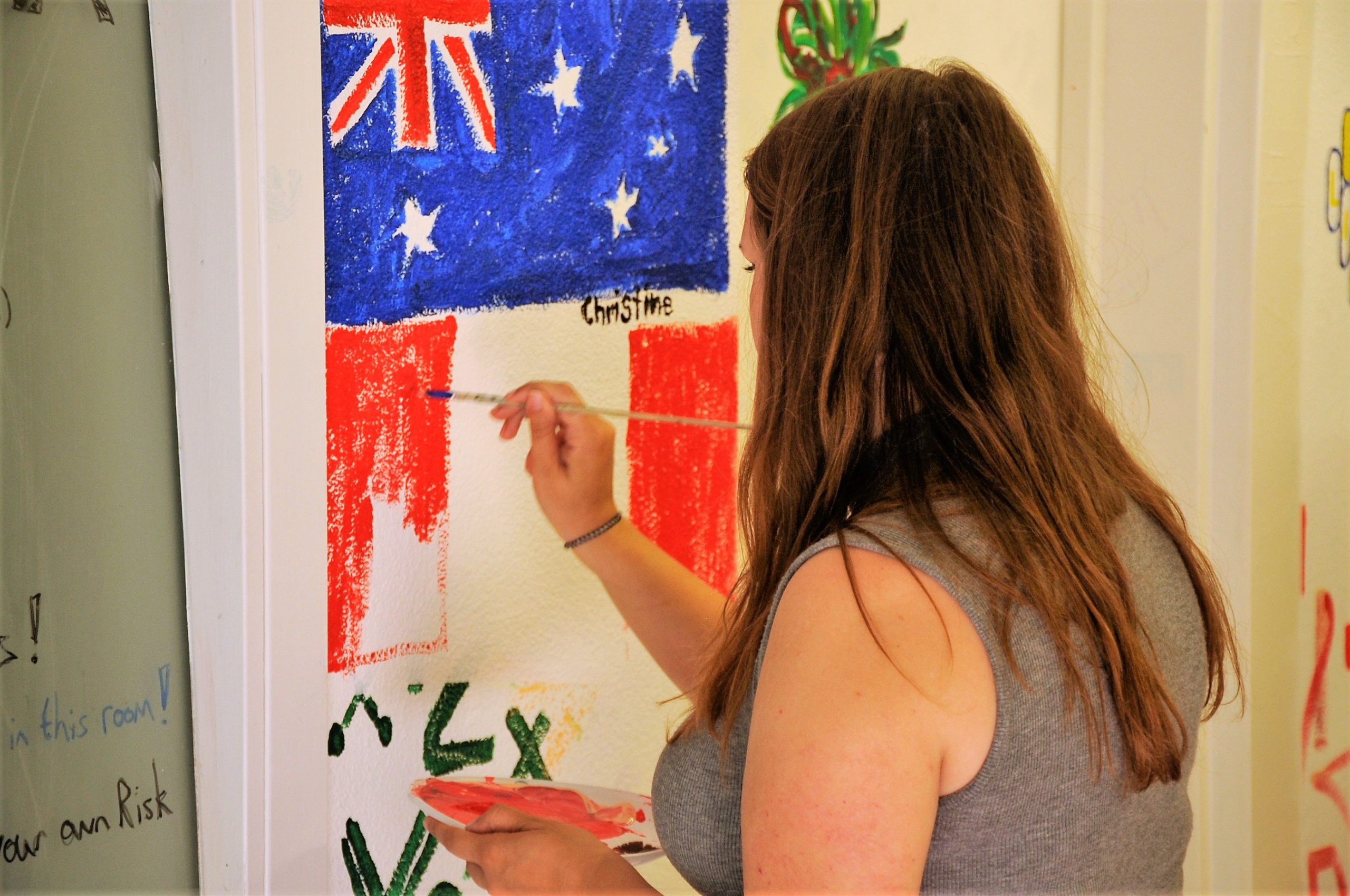As of this year, it will be much easier for international students to join a participation council or sit on the board of a student association.
A new legislation makes it easier for international students to join a participation council. (Photo: Marjolein van der Veldt)
Internationalisation organisation Nuffic and the Dutch National Student Association (ISO) are pleased with the news. The TU Delft Student Council, which has welcomed several international members over the years, applauds the new legislation as ‘a great change in the right direction’. “This will definitely ease the process and attractiveness of these sorts of positions for international students,” say Zara-Ve van Tetterode and Charlotte Boersma by means of a written response from the Council.
16 hours per week
International students from outside the European Economic Area (EEA) are only allowed to work up to 16 hours per week on top of their studies. To prevent labour migrants from using student visas to seek full-time employment in the Netherlands, a work permit is required for students wishing to exceed this limit.
Until recently, these restrictions also applied to certain extracurricular activities, including participation council and board membership. In practice, this meant that many international students were excluded from these positions as 16 hours per week is often not enough for a student to perform the duties that come with these kinds of memberships.
Exemption
As a result of an amendment to the Foreign Nationals (Employment) Act Implementation Decree, participation council and board membership is now exempted from these restrictions. This means that students from outside the EEA will no longer be barred from participating in this part of student life in the Netherlands.
A positive development, according to Nuffic and ISO. “If Dutch universities want to attract international students, we also need to make sure that those students can make their voices heard when it comes to their education,” says ISO President Kees Gillesse.
Students from outside the EEA were already exempted from the work permit requirement for internships. International students, however, do still need an internship agreement signed by both their internship provider and their university.
Vague
With two consecutive years of having a full-time international member on board, the TU Student Council is familiar with the previous legislation. “Up until last year these regulations were vague. There was a lot of confusion surrounding the procedures. As far as we understand, you don’t need a work permit for a position on the Student Council since technically you are not employed as an official working person.”
Regardless, the Council is happy that for further recruitment they can rest assured that every student stands the same chance to take on a position in the Council without any questions or doubts.
Easing up the process
However, while these new rules open up a great window of opportunity, the question is if Dutch study and student associations are open to welcoming international students on their boards. Being a great example of a board where international students play an important role, the Student Council believes that other boards and associations will soon follow. Tetterode and Boersma: “Based on the conversations we have had with other study and student associations at TU Delft and other cities, this topic has been discussed in the boards for a couple of years. Some boards are more active in looking into their policies and are more open towards international students than others.”
HOP, Evelien Flink / Delta, Marjolein van der Veldt
Do you have a question or comment about this article?
redactie@hogeronderwijspersbureau.nl


Comments are closed.